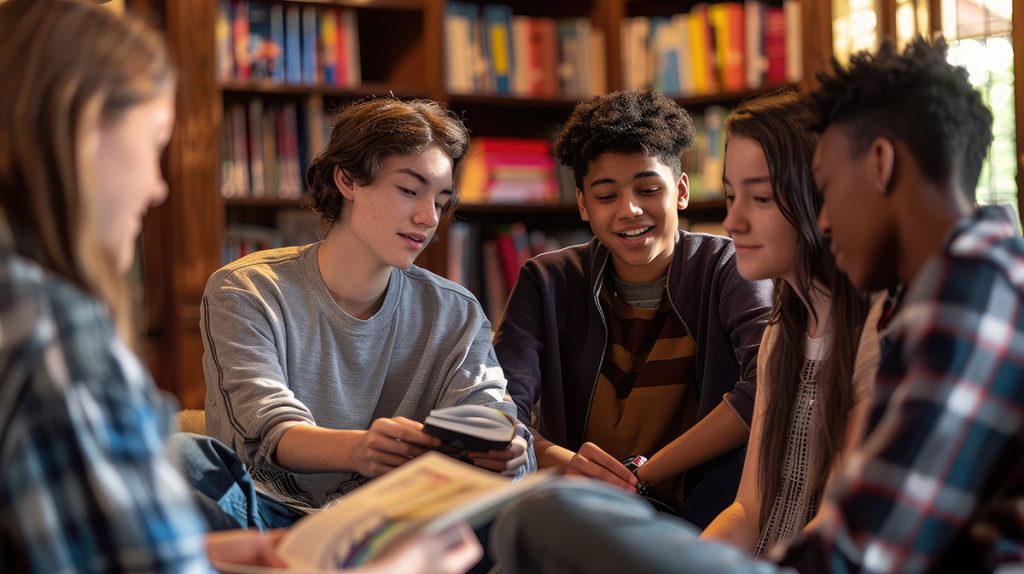
So reads a headline of a September 5th NY Times article. The piece reveals that a third of 12th graders “did not have basic reading skills.”
The article goes on to suggest that this — in part — still reflects the impact of the COVID pandemic school closings. Also, no surprise, the other usual suspects: screen time and social media. Moreover, the low achievement declines cut across demographic divides of race, class, and sex. The data comes from the National Center for Education Statistics.
There is much talk about how all this constitutes a national “economic emergency.”
Tim Dalt, Chief Executive of EdNavigator said, “We have way more kids now who are functionally illiterate.”
Keep in mind that much of the way we navigate our world today is by reading: signs, instructions, rules, guidance, and information from everything from local politics to how to maintain your health. Politicians talk about putting the Ten Commandments in classrooms. Are they aware — or care — that a large percentage of students won’t be able to read them?
On a good note, one of the important responses to the growing banning of phones from in-school usage is revealed by another Times article that states, “The Jefferson County Public Schools in Kentucky this month [Sep 2025] announced a … consequence of a new statewide cellphone ban. In many of the district’s schools, the number of books checked out in the first few weeks of class had skyrocketed compared with the last year, before the ban was instituted.”
Well and good, but not good enough.
It’s important to remember that whereas language is wired into the basic structure of the brain, reading is not. It has to be taught and learned. Once taught and learned, it has to be practiced, and, at best, deepened.
I’m committed not just to the reading experience as a source of knowledge — both moral and factual — but also to reading for pleasure as one of the primary ways to gain empathy, enlarge one’s personal experience, and to radically expand one’s knowledge of the world’s people, which includes your classmates and neighbors. Yet the September 6th Economist reports that “In America, the share of people who read for pleasure has fallen by two-fifths in 20 years, according to a study published in … iScience.”
I am — as are many other writers — a creator of books for young people — children’s literature. Books to give pleasure. From years of personal experience, I know that the kind of books I write are often dismissed as “Kiddie Lit.” “How come,” an Ivy League English Professor once asked me, “you don’t try writing real literature?”
In fact, aside from the fact that books for young people are necessary as foundational literature, their impact as key components to people’s intellectual, moral, and humanistic values can be enormous. Children’s books deeply enrich the child who reads them.
Time and again, children’s books are the books that adults remember most.
Very few of us set out to teach ideas in our fiction, but the very way fiction works, it can embody the best of humanity. If you are looking for ways to encourage reading, go back over the various authors who wrote for my summer blog series.
Beyond all else, do two things: read to kids and show them that you, too, read. Because it’s easy to talk about schools and reading. But I think it is parents who have the biggest impact. If you — the parents — read, your kids will.
Let’s remember something Ray Bradbury once said: “You don’t have to burn books to destroy a culture. Just get people to stop reading them.”